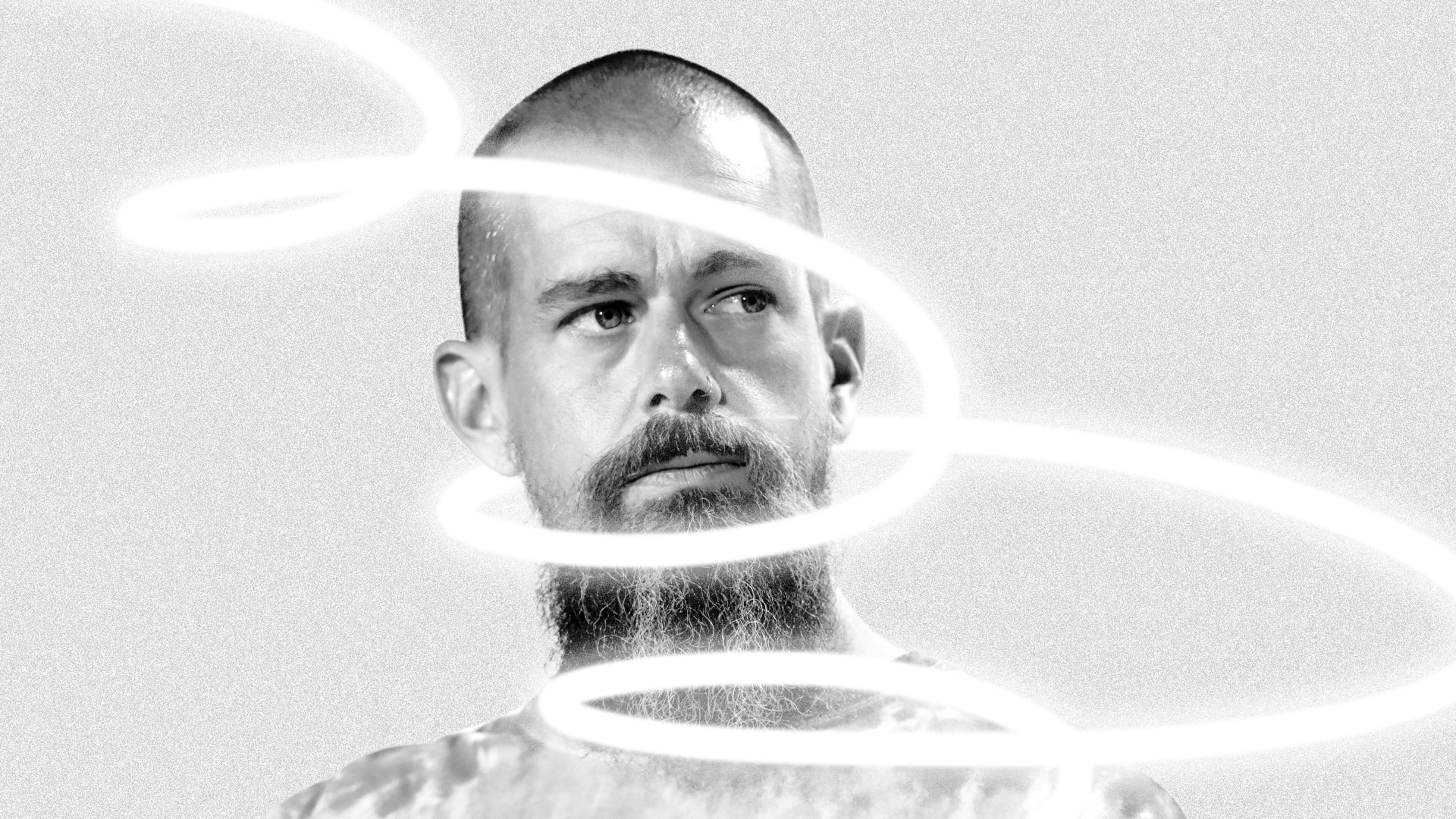Amid all the hubbub of excitement and consternation around Elon Musk’s purchase of Twitter, Jack Dorsey, Twitter’s founder, issued a puzzling tweet:
“In principle, I don’t believe anyone should own or run Twitter. It wants to be a public good at a protocol level, not a company. Solving for the problem of it being a company however, Elon is the singular solution I trust. I trust his mission to extend the light of consciousness.”
Seriously? Light of consciousness? A public good? Who is Dorsey kidding? I see Twitter has torn at the fabric of society, helped elect and promote demagogues, furthered hate speech, and made people feel awful about themselves. I’d argue that it has turned the media’s pursuit of objective facts and news into a desperate, never-ending attempt to garner likes and retweets, regardless of the accuracy or fairness of the actual reporting. It has turned us into monsters.
Jack Dorsey made billions of dollars when Twitter went public in 2013. Since then, to his credit, he has tried to use some of his money to help people, whether it’s COVID recovery or promoting racial justice or a number of other causes. He even publicly tracks all of them on a spreadsheet to provide transparency. Good for him. But you know what would have been even better for society than Dorsey’s modest donations? Not creating Twitter to begin with.
“Everyone” in tech says they’re trying to make the world a better place. It’s like a mantra . . . or an inside joke. As an early-stage venture capitalist, I spend most of my day being pitched by different startups. Sometimes a startup has a mission that truly could help people, like making it easier to access SNAP or providing healthcare to remote areas that need it. Most of the time, though, the startup’s mission is neither societally positive or negative. It’s B2B SAAS software that makes it easier for a company to track something or reduce costs or protect their websites. Those are harmless. But, there are also examples like Twitter.
To be clear, the responsibility rests not only with founders but with venture capitalists, too. When we see a product that we know can do only harm, no matter how lucrative it might be, we need to tell the Jack Dorseys of the world, no. Sometimes it’s easy to know. For example, we were pitched Juul multiple times. If all they were trying to do was get adults to replace cigarettes with vapes, it might not have been so bad. But their business model was clearly aimed at teenagers. I have a 15-year-old and a 13-year-old (they were younger at the time), and the idea of funding sour gummy- or banana ice-flavored vapes was clearly, obviously wrong. We passed on the deal.
Sometimes the societal value of a product is debatable. I ran many of the early campaigns across the U.S. to legalize Uber and ridesharing. Some have depicted Uber as an evil, rapacious corporation designed to prey on innocent drivers with racist algorithms. I would argue that Uber took on the dysfunctional and broken taxi industry and gave consumers options. It cut down on drunk driving. It reduced the problem of people of color being passed over by taxis that were clearly available.
Some still do see Uber as harmful. Yet we can at least debate the pros and cons. Jack Dorsey would make the same case for Twitter. And the VCs who funded him didn’t know enough about social media when it launched to anticipate any of these problems. But now we do. And with Web3 and the metaverse on the way, the problems are foreseeable.
Of course regulators should be doing more—doing even just something—to help. But we in the tech community can also pitch in. If, based on everything we know now about human behavior and the internet, you can see how a startup ends badly because it only adds toxicity to the mix, maybe don’t invest—or don’t create it in the first place.
Now, Musk could obviously fix the problem by improving content moderation, policing hate speech and conflict, and changing the culture of its discourse. But it appears that he’ll do the opposite (the hype machine is what drives the valuations of Tesla and SpaceX) and make it even worse in the name of free speech. But in this case, free speech could just mean generating more conflict and divisiveness to generate more clicks to generate more revenue and attention. It was a good business decision for Musk to buy Twitter. Let’s just not pretend he’s going to solve the underlying problem. At least he didn’t create the problem, either.
The Jack Dorsey model of benefitting tremendously and personally from creating a truly harmful product, giving away some of the money he made to good causes, and then having the gall to issue a tweet like that is not something to admire or to replicate. It’s something to recognize and avoid.
Maybe he couldn’t have known better back in 2006. Maybe his investors couldn’t either. But in 2022, we no longer have that excuse.
Bradley Tusk is a venture capitalist, writer, philanthropist, and political strategist.
Recognize your brand’s excellence by applying to this year’s Brands That Matter Awards before the early-rate deadline, May 3.
